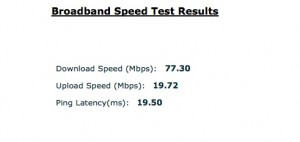Following a lovely conversation with two of my dearest friends, I decided to re-read Virginia’s Woolf’s diaries, which I last read over 20 years ago. But when I went to my bookshelves to find them I discovered that Volume (1915-19) was missing. Someone had, er, borrowed it and forgotten to return it. So then I had to get a new (well, used) copy from Amazon before I could start. (It’s important to read them in sequence, I found the first time round.)
Anyway, here I am, immersed in Volume 1, alternately entranced and appalled by her. Here, she is, for example on Saturday 9th January 1915
“On the towpath we met & had to pass a long line of imbeciles. The first was a very tall young man, just queer enough to look twice at, but no more; the second shuffled, & looked aside; & then one realised that every one in that long line was a miserable ineffective shuffling idiotic creature, with no forehead, or no chin, & an imbecile grin, or a wild suspicious stare. It was perfectly horrible. They should certainly be killed.”
This from a woman who herself suffered from intermittent bouts of madness and eventually killed herself.
One big discovery, though, was the extent to which London seemed to have suffered from air raids in WW1. They figure quite a lot in the entries for 1917 and 1918, for example. On Monday 28th January she writes:
“Home I went & there was a raid, of course. The night made it inevitable. [Which probably means that there was no cloud cover.] From 8 to 1.15 we roamed about, between coal hole kitchen bedroom & drawing room. I dont know how much is fear, how much boredom; but the result is uncomfortable most of all, I believe, because one must talk bold and jocular small talk with the servants to ward off hysteria”.
She’s a maddening writer, because her art forces one to overlook her appalling snobbery. I’m pretty sure she would have looked down on me — an engineer, and Irish to boot. And this, the only surviving recording of her voice, tends to confirm this impression. Talk about cut-glass English!

